ITCS 2016 Graduating bits
Friday, January 15,6:30pm onwards, at Kiva/Patil Room 32-G449 (Stata Center, MIT)
Organizer: Boaz Barak
(Many thanks to Kevin Doyle)
As part of ITCS 2016, we will hold a "Graduating Bits" event where graduating students and postdocs can give a short presentation about their work. We will also list participants on this website.
If you are interested in participating, please send Boaz Barak (b (at symbol) boazbarak (dot) org ) an email with the subject "Graduating bits" and the following information:
- Name, Affiliation, status (student/postdoc)
- Photo of yourself (web quality - no huge files please).
- A short paragraph (3-4 sentences) about yourself and your research.
- Homepage URL
- Your presentation - 4 slides in PDF format, of which the first slide should be a title slide.
List of presenters:
 |
Ron Rothblum MIT, Postdoc Ron Rothblum completed his PhD at the Weizmann Institute in Israel in 2015, advised by Prof. Oded Goldreich, and is currently a postdocoral associate at MIT. He has a general interest in theoretical computer science, and especially in theoretical aspects of cryptography and complexity theory. His research so far has mainly focused on the problem of securely outsourcing computation to an untrusted server. Outsourcing Computation |
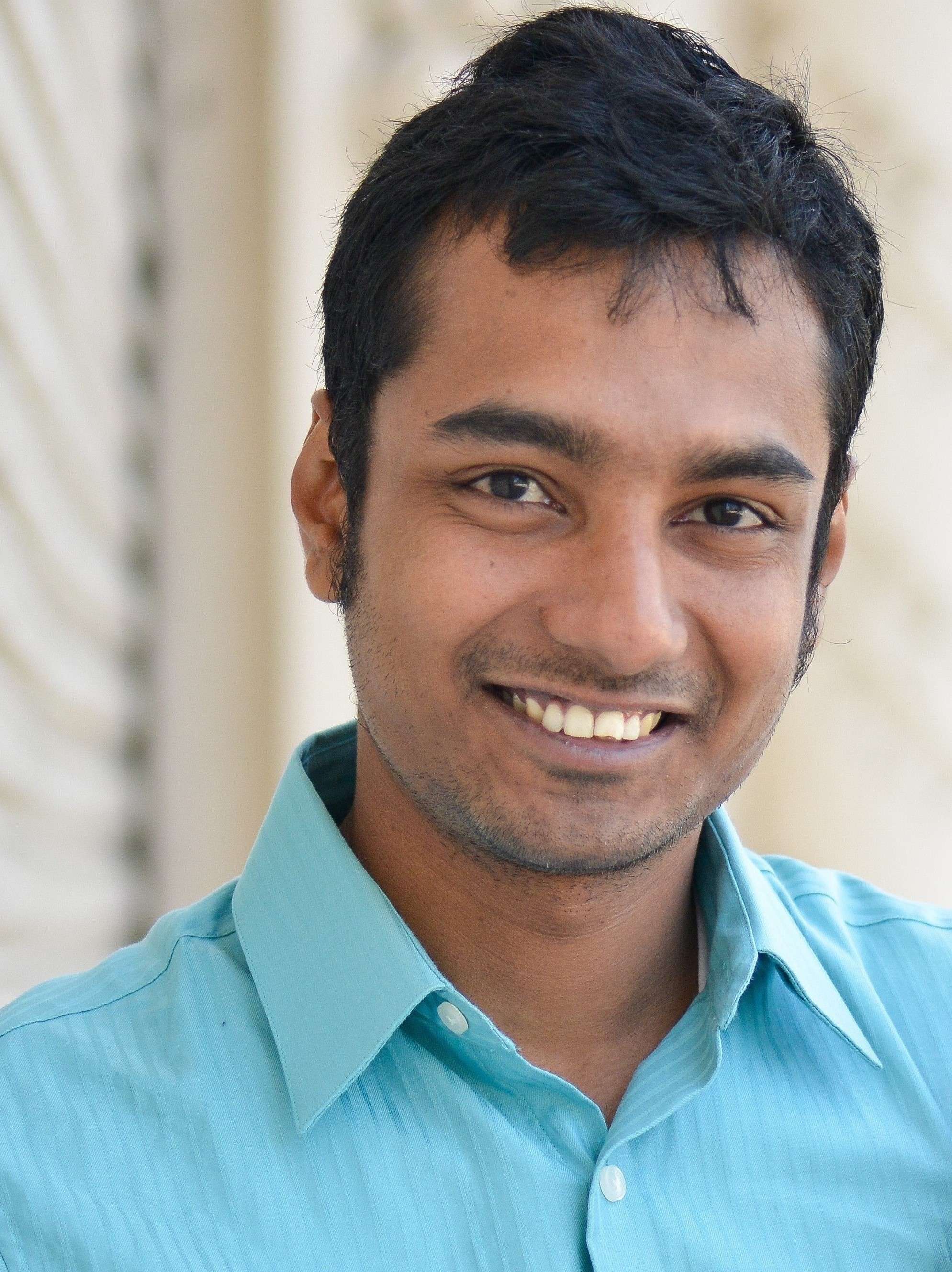 |
Jayadev Acharya EECS, MIT, Postdoctoral Associate Jayadev is a postdoctoral researcher in EECS, MIT advised by Piotr Indyk. Before that, he obtained a Ph.D from University of California, San Diego, where his advisor was Alon Orlitsky. He is interested in algorithmic statistics, machine learning, and information theory. Algorithms and Limits in Statistical Inference |
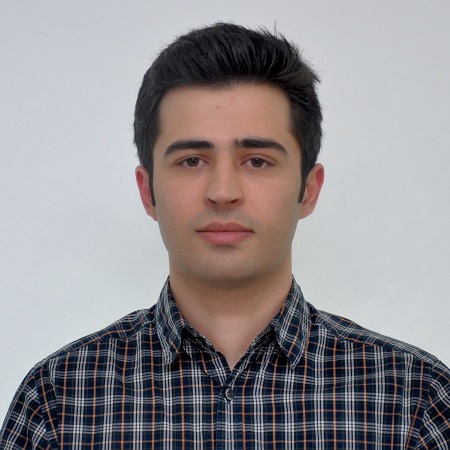 |
Mohsen Ghaffari CSAIL, MIT, PhD Student Mohsen has a broad interest in theory of computation; much of his current work revolves around Theory of Distributed Computation and Network Algorithms. His PhD research at MIT has led to numerous publications, five of which were honored with Best Paper or Best Student Paper awards. On Theory of Distributed Computation |
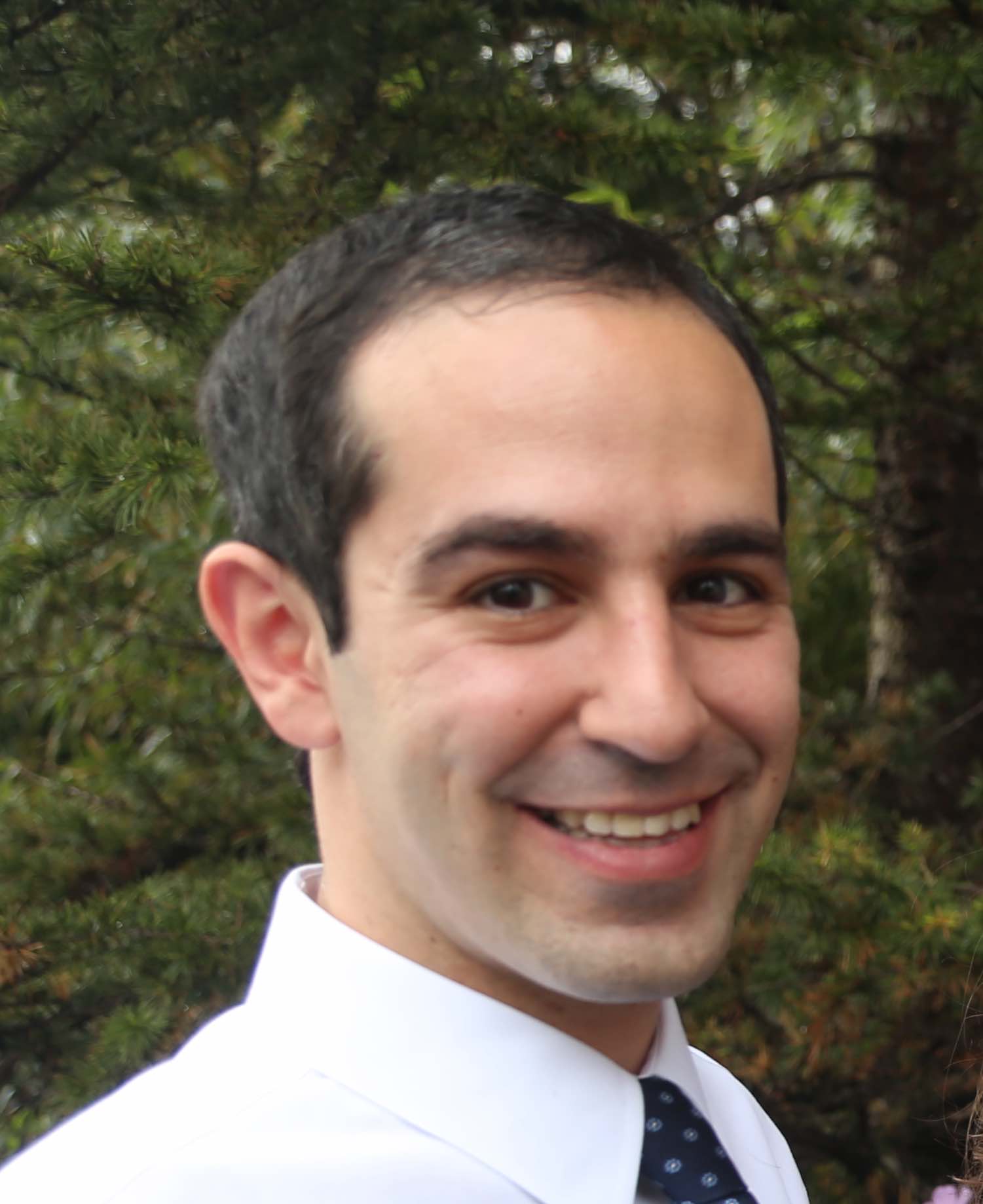 |
Nima Haghpanah CSAIL, MIT, Postdoctoral Associate Nima Haghpanah is a postdoctoral associate at MIT CSAIL and Sloan School of Management. He obtained his PhD in 2014 from Northwestern University advised by Jason Hartline. His dissertation was on optimal multi-parameter auctions, and his research interests are mechanism design, algorithms, and game theory. Nima has received a best dissertation award from Northwestern University, and a graduate fellowship from the Simons Foundation. Algorithms, Incentives, and Multidimensional Preferences |
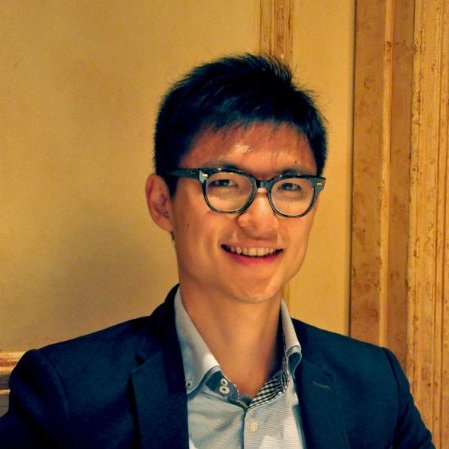 |
Z. Steven Wu University of Pennsylvania, PhD student Wu's research focuses on the intersection of computation and economics, especially on the topics of privacy, game theory and learning theory. More recently, he is interested in applying tools from differential privacy to adaptive data analysis. Data Privacy, Mechanism Design and Learning |
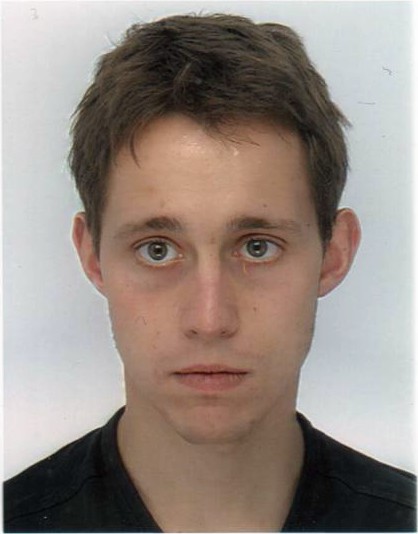 |
Clément Canonne Columbia University, PhD student Canone is a PhD student at Columbia University, advised by Rocco Servedio. He is interested in distribution testing, property testing, and learning theory, as well as a tendency to make poor jokes when talking about it. |
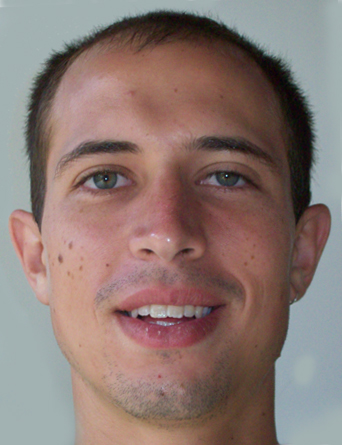 |
Aviad Rubinstein UC Berkeley, PhD student Rubinstein is a Computer Science PhD student at UC Berkeley, advised by Christos Papadimitriou. In general, he is interested in Theory of Computer Science (and its applications). Lately, for example, he has been particularly curious about the connection between different bilinear optimization problems such as Nash equilibrium, Densest k-Subgraph, and Sparse PCA. Prior to coming to Berkeley he completed his MSc at Tel-Aviv University with Muli Safra. Best* Case Approximability of Sparse PCA |
 |
Laura Florescu NYU, PhD student Laura Florescu is a 4th year PhD student at New York University, Courant Institute advised by Joel Spencer. She is interested in theoretical computer science, probability, combinatorics and statistical physics and their intersections, such as deterministic random walks, planted problems (stochastic block models, etc), random graphs. She graduated with a BA in Mathematics from Reed College in Portland, Oregon. Random growth models and planted problems |
 |
Bo Waggoner Harvard, PhD student Bo's interests include many algorithmic game theory topics as well as algorithms and probability/randomness. His thesis focuses on the foundations of information elicitation and incentives. How can we obtain and aggregate information from strategic agents? An example application is purchasing data for machine learning. Algorithmic Game Theory |
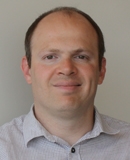 |
Ilya Volkovich University of Michigan, Lecturer/Postdoc Ilya's research interests are in the area of Theoretical Computer Science. More specifically: Computational Complexity, Derandomization, Algebraic Complexity, Application of Algebraic Tools to Algorithms. Recently his interests also include Computational and Machine Learning, Game Theory. Ilya received his Ph.D. from Technion, Israel Institute of Technology in 2012 under the supervision of Amir Shpilka. Subsequently, he was a postdoctoral research associate at Princeton University and the Institute of Advanced Study. Theoretical Computer Science |
|
Elad Haramaty Northeastern University, Postdoc Elad Haramaty is currently a postdoctoral researcher at Northeastern University in the College of Computer and Information Science with Prof. Emanuelle Viola. Elad earned his PhD from the Technion - Israel Institute of Technology under the guidance of Prof. Amir Shpilka, and completed undergraduate work at the Technion in the mathematics department. Elad's research interests cover a broad range of theoretical computer science, especially algebraic complexity. Algebraic Property Testing |
|
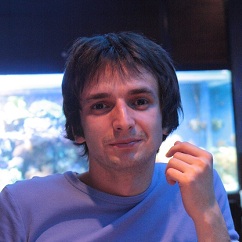 |
Alexander Golovnev NYU, PhD Student Sasha is a Ph.D. student at New York University. His advisors are Professors Yevgeniy Dodis and Oded Regev. Sasha's research interests are circuit complexity, algorithms for NP-hard problems, and theoretical cryptography. Dispersers and Circuit Lower Bounds |
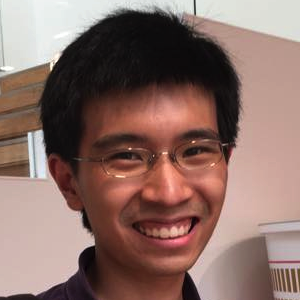 |
Mark Bun Harvard, PhD Student Mark Bun is a PhD student in the Theory of Computation group at Harvard, advised by Salil Vadhan. His research interests include computational complexity and the theory of privacy-preserving data analysis. His work tries to draw inspiration from theoretical computer science broadly, especially from cryptography and learning theory. The Complexity of Privacy and Polynomial Approximations |